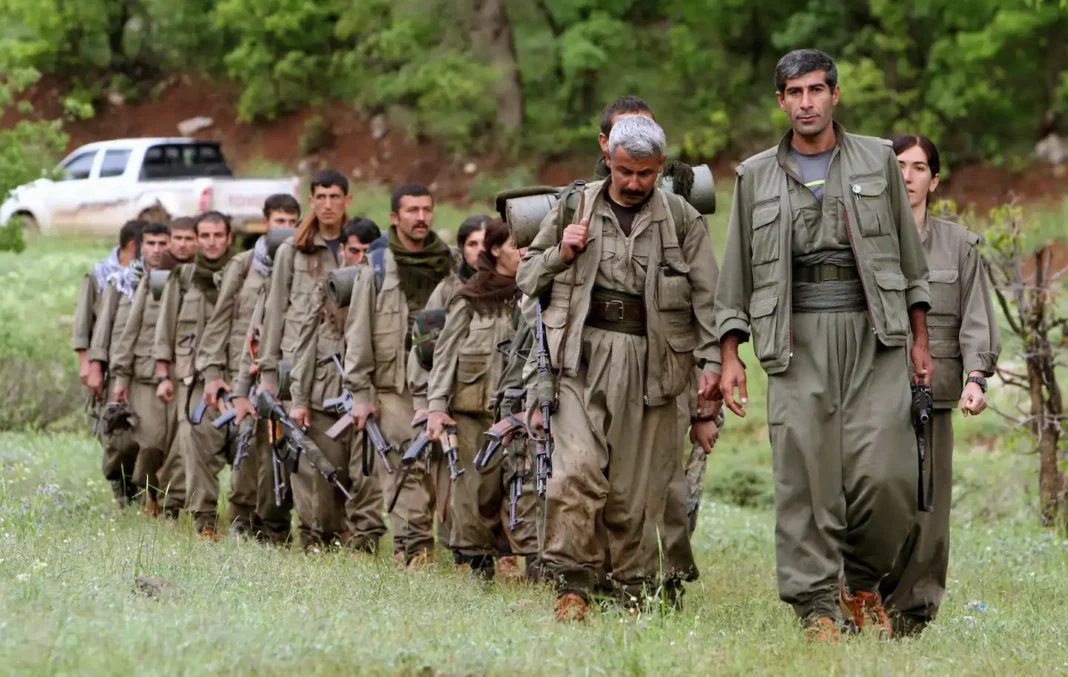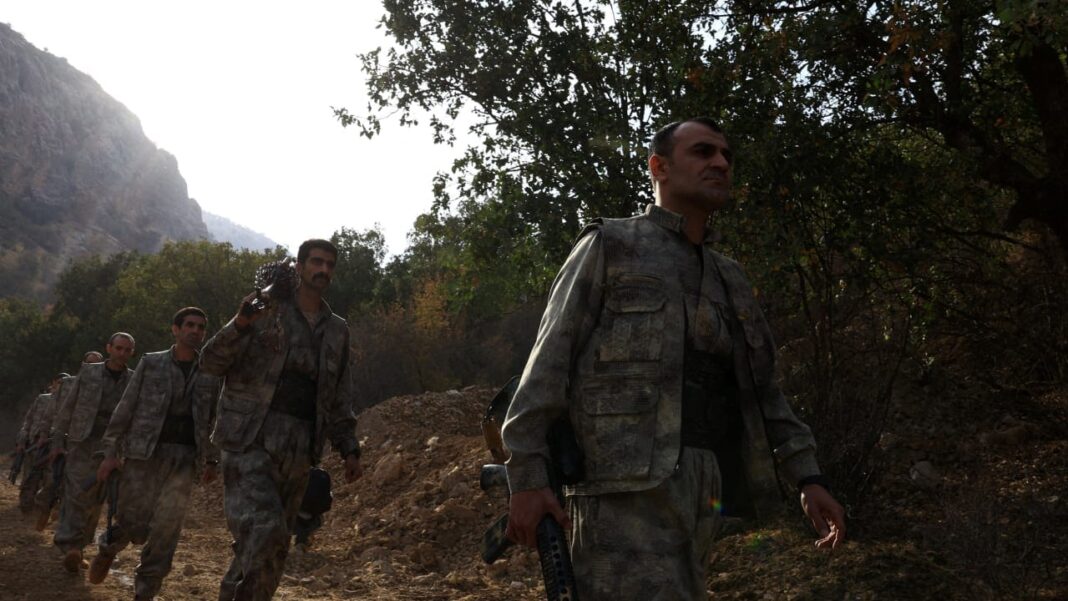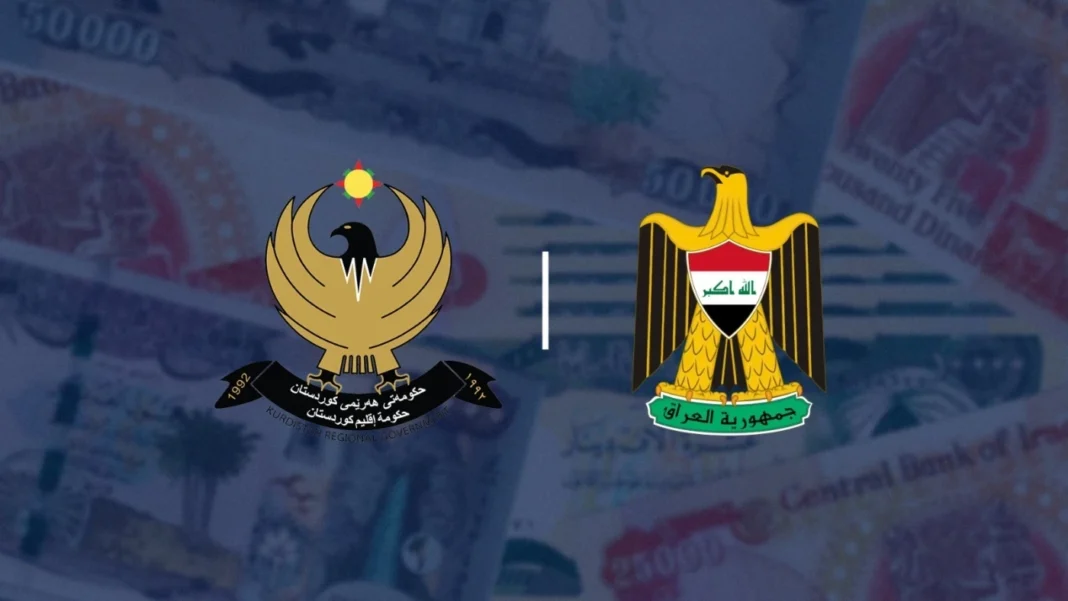The threat to Iraq’s national security has intensified after the Kurdistan Workers’ Party (PKK) completed its withdrawal from Türkiye to northern Iraq. Iraqi lawmakers fear the relocation could destabilize the country and drag it into broader regional conflicts.
Mukhtar al-Moussawi, a member of Iraq’s Foreign Relations Committee, issued a firm warning on Sunday. He said parliament would question the government about its role and response to the sudden relocation. Lawmakers want to know whether officials were informed about the PKK’s movements and what steps they are taking to minimize security risks.
The committee stressed that Iraq must act quickly to prevent further escalation. According to al-Moussawi, the government should clarify whether it approved the relocation or simply learned about it after the transfer occurred. He emphasized that transparency is essential to protect Iraq’s sovereignty and avoid misunderstandings with neighboring countries.
The warning came soon after the PKK confirmed it had moved all its fighters from Türkiye into Iraq’s northern Medya Defense Area. PKK spokesman Sabri Ok explained that the move aimed to prevent direct clashes during the ongoing peace process with Ankara. He said the decision followed guidance from imprisoned PKK leader Abdullah Öcalan, who supports negotiations over armed confrontation.
Although the withdrawal marks progress in Türkiye’s peace efforts, Iraq views the development with deep concern. Many officials fear that hosting thousands of PKK fighters could turn Iraq into a new conflict zone. The threat to Iraq’s national security now includes risks of cross-border operations, militia buildup, and diplomatic strain.
The PKK’s long-standing presence in Iraq’s Qandil Mountains already creates tension between Baghdad and Ankara. Türkiye continues to conduct air and ground operations in the region, targeting PKK bases it considers a terrorist threat. In recent weeks, Türkiye extended its military operations in northern Iraq for another three years, signaling that Ankara will maintain pressure on the group.
Al-Moussawi warned that Iraq cannot tolerate further violations of its sovereignty. He urged the government to coordinate closely with both Türkiye and Kurdish regional authorities to avoid confrontation. He also called for stronger border control and intelligence sharing to monitor PKK movements inside Iraqi territory.
Local analysts agree that Iraq faces a difficult balancing act. On one hand, Baghdad wants to support regional peace efforts between Türkiye and Kurdish groups. On the other hand, it must ensure that its territory does not become a battleground. The relocation has placed Iraq at the center of a fragile and complex regional dynamic.
Observers say the coming months will be critical. Iraq’s next steps could determine whether cooperation or conflict defines the relationship among Baghdad, Ankara, and Kurdish factions.
For now, officials remain cautious and alert. The government must manage diplomacy, security, and domestic stability all at once. The threat to Iraq’s national securityremains a pressing issue that demands immediate attention.



